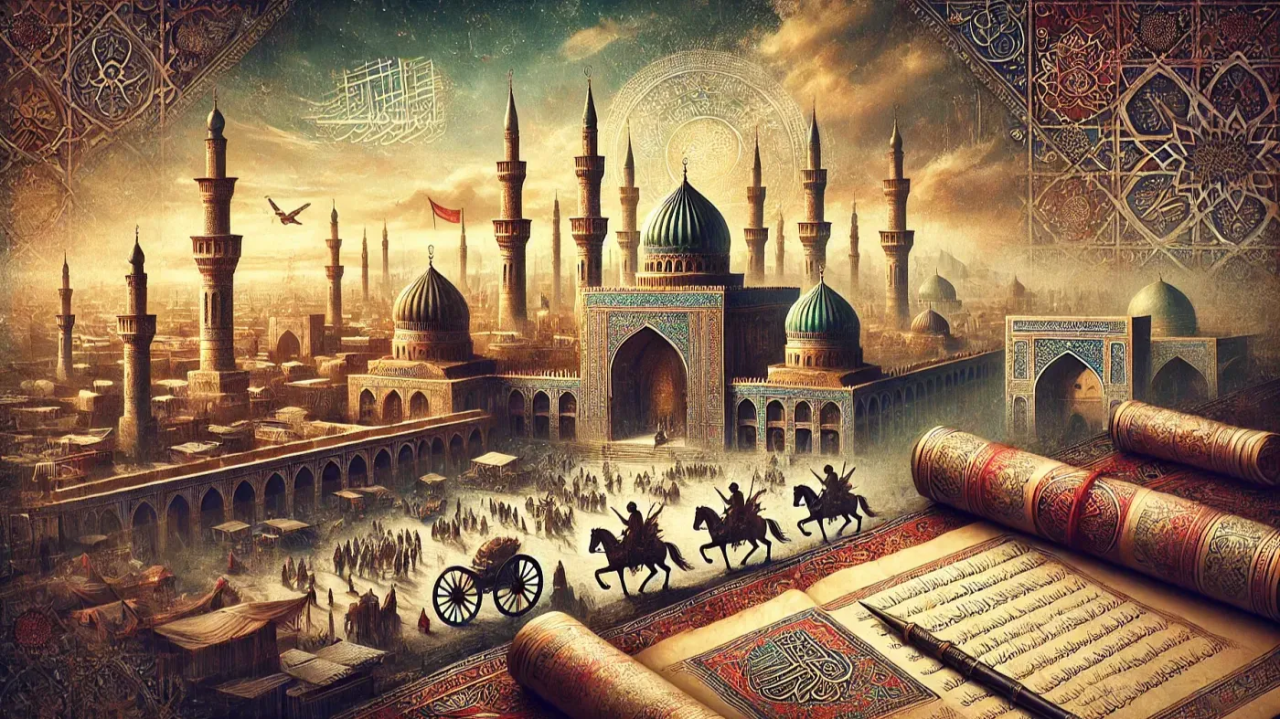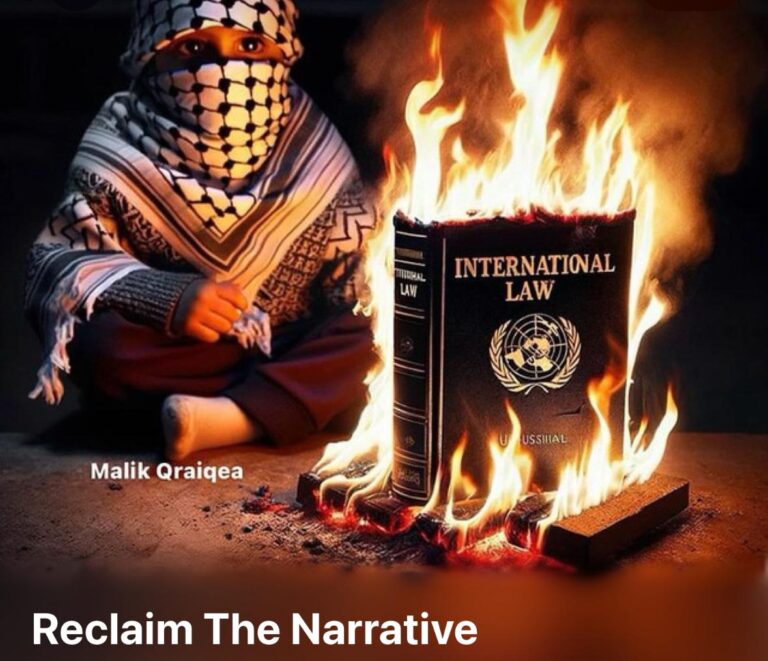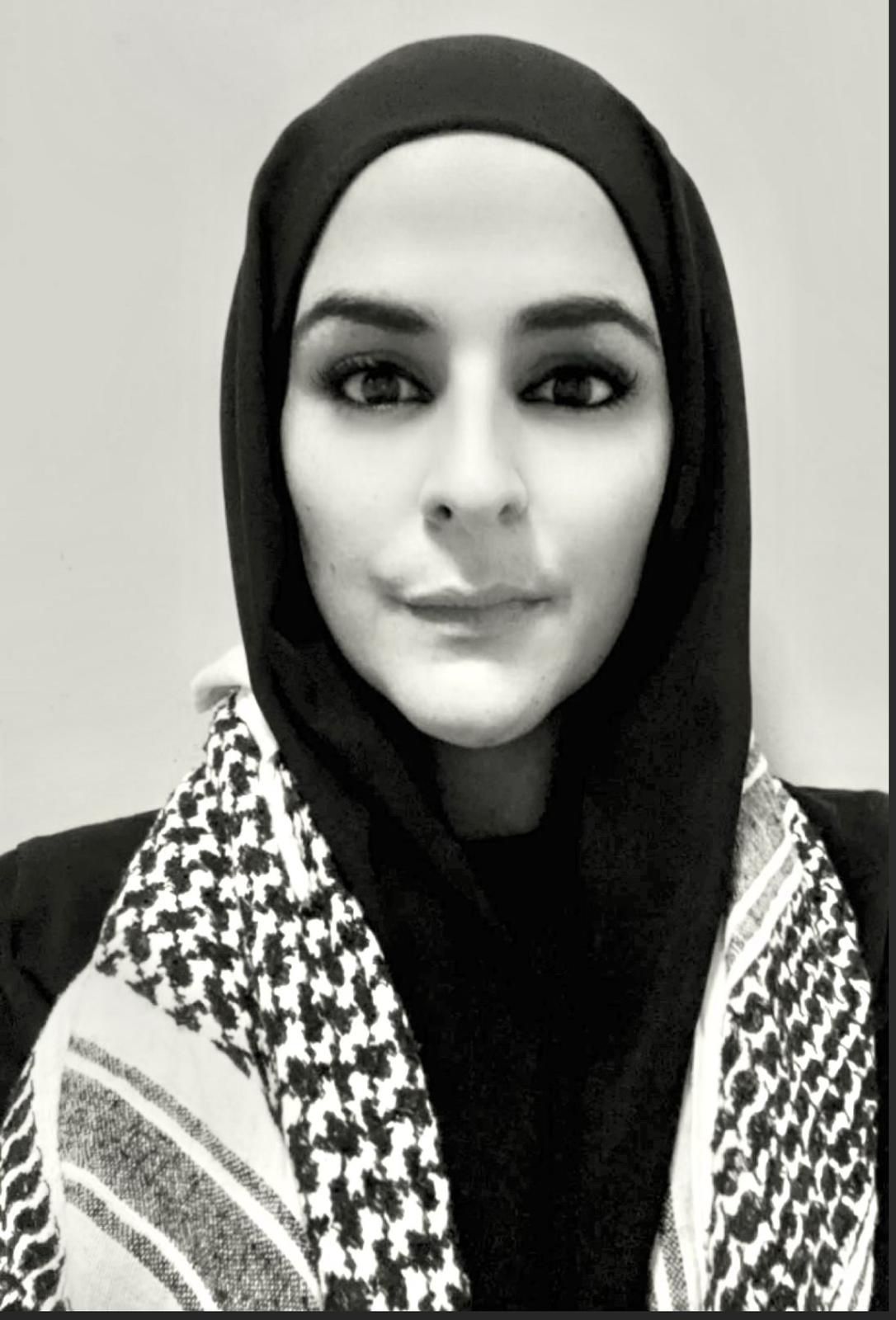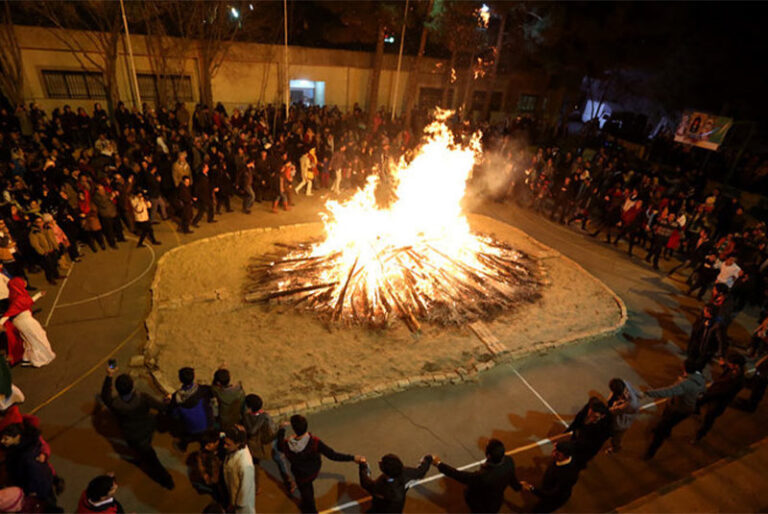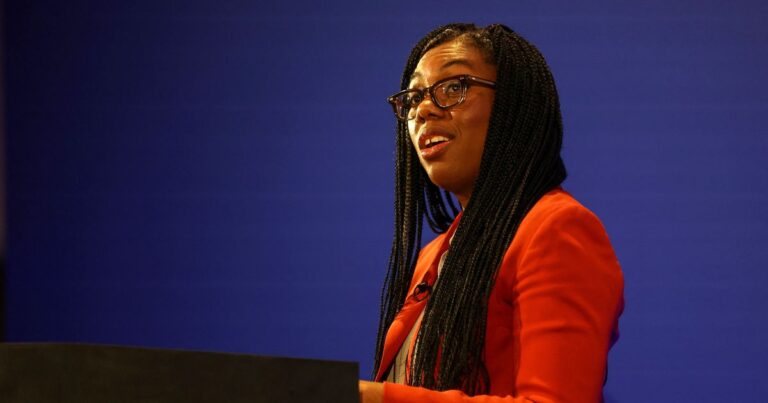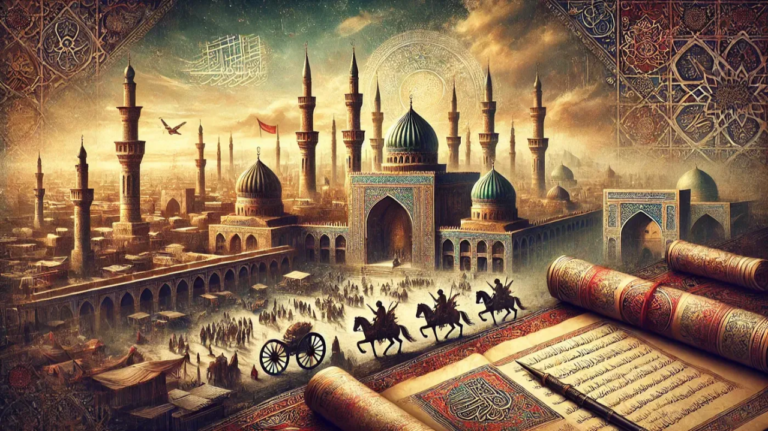The Abbasid Caliphate was part of the Muslim Golden Age.
When a genocide has been taking place for a whole year without the Muslim world not being able to do anything about it, means it is safe to say the global Muslim community is in a very bad condition.
Contrast that with how fast European allies were able to come to the help of Ukraine.
The Muslim community was not always like this. In the majority of its 1,400 year existence, it has had immense strength and knowledge.
The Abbasid Caliphate of Iraq that came into power in 750 BCE is one of the standout periods.
The Islamic Golden Age refers to a period of significant cultural, economic, scientific, and intellectual flourishing in the Islamic world.
Generally considered to have occurred from the 8th to the 14th centuries.
This era saw the rise of major Islamic empires, particularly the Abbasid Caliphate, which facilitated the exchange of knowledge and ideas across vast territories.
Key features of the Islamic Golden Age include:
1. Scientific Advancements: Scholars made groundbreaking contributions in various fields, including mathematics, astronomy, medicine, chemistry, and physics. Notable figures include Al-Khwarizmi (algebra), Ibn al-Haytham (optics), and Avicenna (medicine).
2. Preservation and Translation: Islamic scholars preserved and translated classical texts from Greek, Roman, Persian, and Indian sources, ensuring the survival of ancient knowledge. This work was crucial for the later European Renaissance.
3. Cultural Exchange: The Islamic Empire was a hub of trade and cultural exchange, connecting East and West. Cities like Baghdad, Córdoba, and Cairo became centers of learning and culture, attracting scholars, artists, and thinkers from diverse backgrounds.
4. Philosophy and Literature: The period also saw the flourishing of literature and philosophy, with influential philosophers such as Al-Farabi and Averroes engaging with and interpreting Greek philosophy, which later impacted European thought.
5. Architecture and Art: The Islamic Golden Age produced remarkable achievements in architecture and art, including stunning mosques, palaces, and intricate calligraphy and geometric designs.
The Islamic Golden Age laid the groundwork for many modern scientific and cultural developments and is remembered as a time of remarkable intellectual and cultural achievement within the Islamic world.
From the 7th century Muslims have been a dominant force globally for substantial periods.
Major Periods of Muslim Dominance:
7th–10th centuries: The early Islamic Caliphates (Rashidun, Umayyad, and Abbasid) were dominant political, military, and cultural powers in the Middle East, North Africa, and parts of Europe and Asia.
11th–13th centuries: While the Abbasid Caliphate’s political influence waned, the Islamic world remained a leading force in science, philosophy, and trade. The rise of the Seljuk and later Ottoman Turks also contributed to Muslim power.
14th–17th centuries: The Ottoman Empire, Safavid Empire (Persia), and Mughal Empire (India) were three major Muslim empires, dominating vast territories and global trade routes. The Ottoman Empire, in particular, was one of the world’s superpowers.
18th–19th centuries: Muslim empires began to decline as European colonialism spread across Asia and Africa, limiting the influence of Islamic states. However, the Ottoman Empire remained a key power until the early 20th century.
20th–21st centuries: After the fall of the Ottoman Empire post-World War I, the Muslim world became divided into modern nation-states, many of which gained independence after European colonial rule ended. While Muslim-majority countries are influential, especially in geopolitics (due to oil and strategic locations), they no longer dominate globally.
From the 7th to the 17th century (about 1,000 years), Muslim empires were at or near the center of world power in terms of culture, science, and military strength.
Since then, Muslim influence has been significant but not dominant compared to European colonial powers and, more recently, the United States.
It is approximately estimated that 70% of the time since Islam’s founding, Muslim powers were a dominant force in the world.

